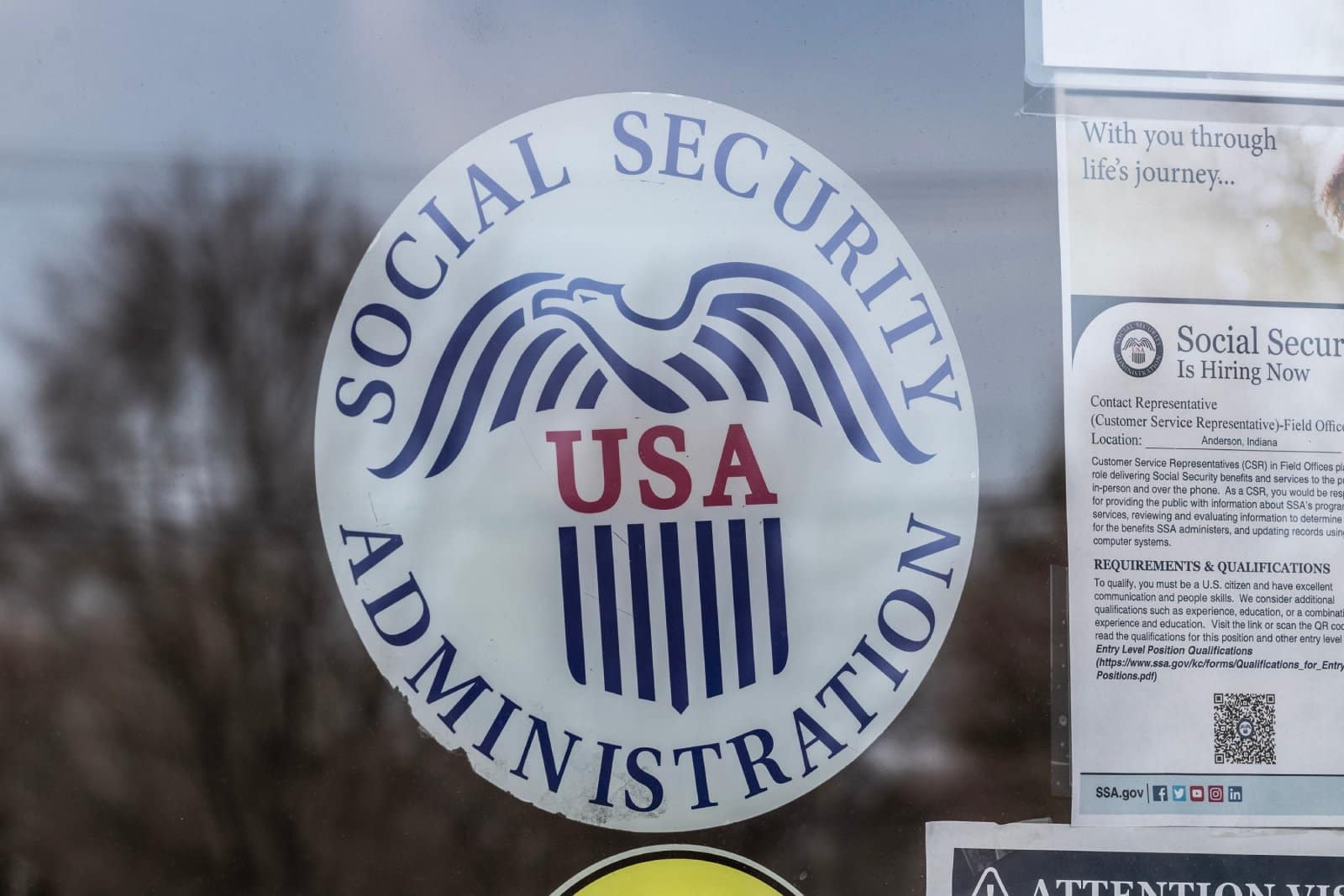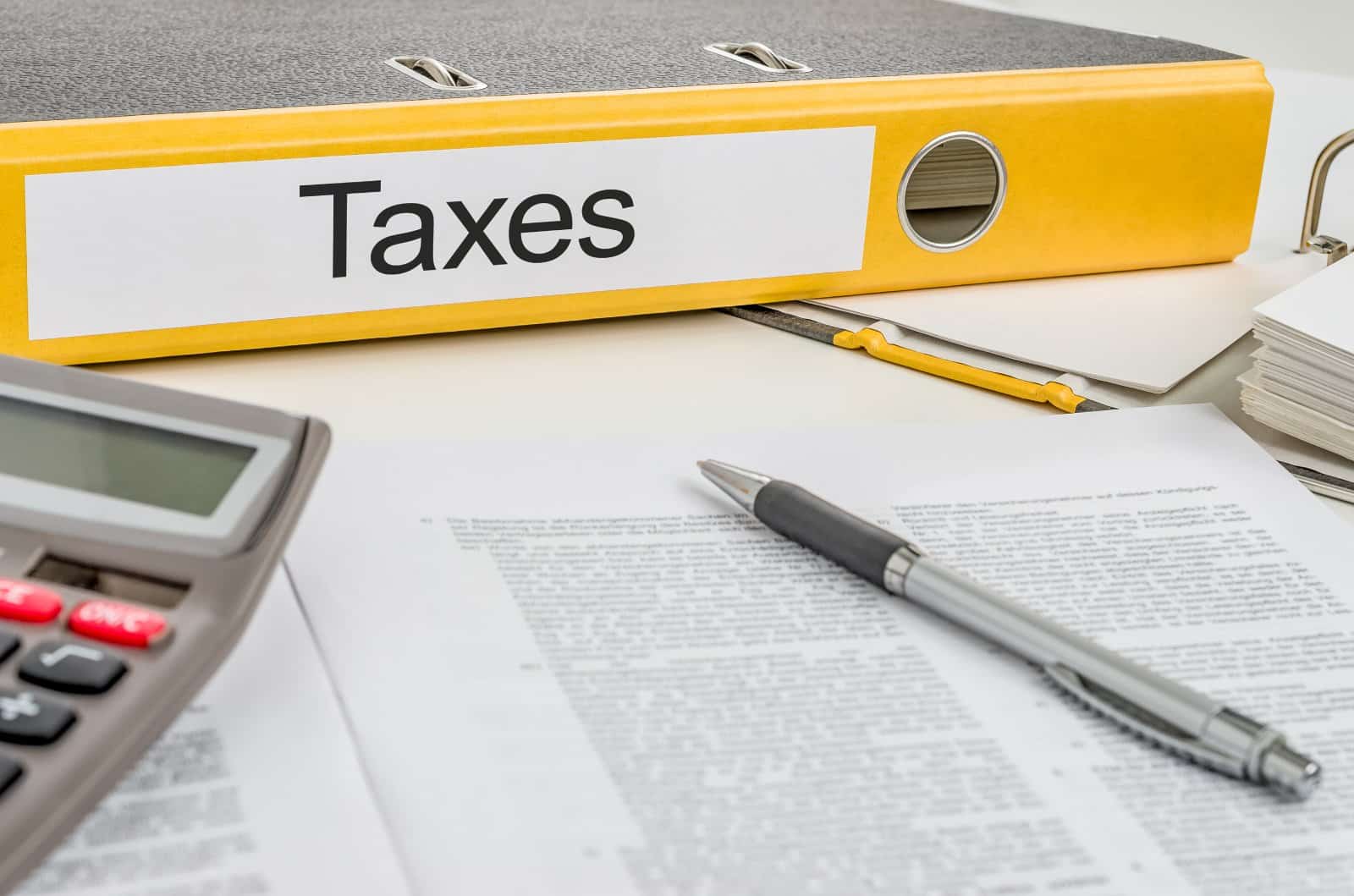Have you ever wondered how your political leanings might impact your retirement plans? Whether you’re a die-hard Republican or a staunch Democrat, understanding how your beliefs influence your financial future is crucial. Let’s take a closer look at how political affiliations influence individual retirement strategies.
1. Social Security Reform

If you lean Republican, you might advocate for reforms like raising the retirement age or means-testing to ensure Social Security’s long-term sustainability. On the other hand, if you’re a Democrat, you may prioritize protecting and expanding Social Security benefits, including raising the payroll tax cap.
2. Tax Policy

As a Republican, you might support tax cuts and incentives for retirement savings, aiming to bolster individual responsibility for retirement planning. Meanwhile, as a Democrat, you may lean towards progressive tax policies to fund social programs, potentially impacting how much you can save for retirement.
3. Healthcare Coverage

Your political beliefs can also influence how you approach healthcare coverage in retirement. Republicans may prefer market-based approaches and private insurance solutions, while Democrats might advocate for universal coverage or expanding Medicare benefits for retirees.
4. Pension Reform

If you’re a Republican, you may support transitioning public pensions to defined-contribution plans, emphasizing individual control over retirement savings. Conversely, as a Democrat, you might focus on preserving defined-benefit pension plans and enhancing protections for pensioners.
5. Employer-Sponsored Retirement Plans

Your political affiliation may shape your views on employer-sponsored retirement plans. Republicans may seek to reduce regulatory burdens to encourage more offerings, while Democrats may prioritize stricter regulations to protect workers’ retirement savings.
6. Investment Regulation

As a Republican, you may favor deregulation to promote growth in retirement savings options and investment opportunities. Meanwhile, Democrats may prioritize consumer protections and tighter regulations on financial institutions to safeguard retirement savings.
7. Minimum Wage

Your stance on the minimum wage can impact how much you can save for retirement. Democrats may support raising the minimum wage to improve retirement savings potential for low-income earners, while Republicans may approach this issue cautiously to balance business interests.
8. Social Safety Net Programs

Your political beliefs can influence your views on social safety net programs. Democrats may focus on strengthening programs like Medicaid and Supplemental Security Income to support retirees, while Republicans may emphasize self-reliance and private-sector solutions.
9. Tax Credits for Retirement Savings

Your political affiliation may determine your support for tax credits aimed at incentivizing retirement savings. Republicans may advocate for broad-based tax incentives, while Democrats may target credits toward lower-income earners to address disparities.
10. Investment in Infrastructure

Your views on infrastructure spending can impact the economy and, indirectly, your retirement savings. Democrats may advocate for investments to create jobs and stimulate growth, potentially benefiting retirement savings. Republicans may prioritize fiscal responsibility in infrastructure spending.
11. Long-Term Care Services

Your political beliefs can influence your approach to long-term care services. Democrats may support expanding access through Medicaid, while Republicans may promote private long-term care insurance options.
12. Family Leave Policies

Your political affiliation may shape your views on paid family leave policies, which can impact retirement planning. Democrats may champion these policies to support caregivers, while Republicans may prioritize flexible workplace policies over mandated leave.
13. Financial Literacy Education

As a Republican, you may support financial literacy education to empower individuals in retirement planning. Democrats may emphasize consumer protections and regulations to safeguard retirement savings.
14. Military and Veterans Benefits

Your political beliefs can affect your stance on benefits for military personnel and veterans. Republicans may prioritize maintaining and expanding benefits in retirement, while Democrats may advocate for additional support and resources.
15. International Trade Policies

Your views on international trade policies can indirectly affect retirement savings. Democrats may focus on fair trade practices and worker protections, while Republicans may support free trade agreements to stimulate economic growth.
16. Estate Tax Reforms

Your stance on estate taxes can impact intergenerational wealth transfer and retirement planning. Republicans may seek to repeal or reduce estate taxes, while Democrats may support retaining or increasing them to address income inequality.
17. Public Investment in Retirement Security

Your political beliefs may influence your views on public pension systems. Democrats may support expanding them, while Republicans may prioritize individual savings and investment.
18. Education Funding

Your views on education funding can impact earning potential and retirement savings opportunities. Democrats may invest in education and workforce training, while Republicans may prioritize school choice initiatives and vocational training.
19. Climate Change Policies

Your stance on environmental policies can impact industries relevant to retirement planning. Democrats may advocate for regulations and investments, while Republicans may focus on economic growth and energy independence.
20. Labor Union Support

Your views on labor unions can affect retirement benefits and bargaining power. Democrats may seek to strengthen unions, while Republicans may prioritize right-to-work laws and individual bargaining.
Shaping Your Retirement Journey

As you plan for retirement, remember that your political beliefs can influence your financial future. By understanding how your views align with different policies and approaches, you can make informed decisions to shape your retirement journey according to your values and goals.
Featured Image Credit: Shutterstock / Miljan Zivkovic.
The content of this article is for informational purposes only and does not constitute or replace professional advice.
The images used are for illustrative purposes only and may not represent the actual people or places mentioned in the article.
For transparency, this content was partly developed with AI assistance and carefully curated by an experienced editor to be informative and ensure accuracy.
